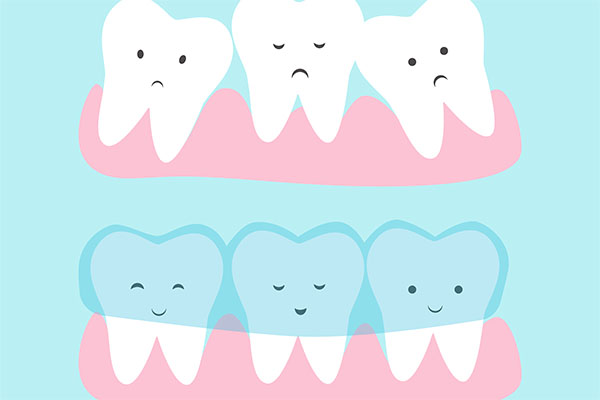 Oral cancer occurs inside the mouth and is so often called mouth cancer or oral cavity cancer, and a family dentist will usually check for this disease during routine dental visits. However, if you are experiencing abnormal mouth pain, lumps, or lesions before your next exam, it may be a good idea to schedule an oral cancer screening. Here are a few more things to know about mouth cancer checks.
Oral cancer occurs inside the mouth and is so often called mouth cancer or oral cavity cancer, and a family dentist will usually check for this disease during routine dental visits. However, if you are experiencing abnormal mouth pain, lumps, or lesions before your next exam, it may be a good idea to schedule an oral cancer screening. Here are a few more things to know about mouth cancer checks.
Why obtaining an oral cancer screening is beneficial
A family dentist can perform an oral cancer examination to look for indications of cancer or precancerous conditions within the mouth. These examinations aim to identify any abnormal growth early to increase the chance for successful treatment.
High-risk individuals
High-risk individuals are more likely to benefit from frequent oral cancer screenings. Risk factors that often contribute to developing this condition include:
- A previous mouth cancer diagnosis or cancer history
- Alcoholism
- The use of any tobacco products
- A history of extended exposure to the sun
Identifying signs and symptoms
Since mouth cancer falls under the umbrella of head and neck cancers, signs of the disease may appear in many places on or near the mouth. This cancer often occurs on the gums, lips, tongue, lining of the cheeks, or roof of the mouth. Mouth pain or an abnormal growth can indicate oral cancer, and additional symptoms include ear pain, difficulty swallowing, or loose teeth. Patients should make an appointment with a dentist or doctor if any symptoms last longer than two weeks.
What to expect during a screening
Although there is no proven way to prevent oral cancer, scheduling a screening or consistently visiting a family dentist for routine exams can help diagnose it more quickly. Patients may reduce anxiety about a screening exam by knowing what to expect.
Additional testing
Some dentists may use additional tests in conjunction with a routine exam to identify mouth cancer properly. Conducting an oral cancer screening dye test is one way many dentists can recognize abnormal cells within the mouth. Additionally, an oral cancer screening light test helps dentists discern healthy dark tissue from abnormal white tissue within the mouth.
Screening results
When signs of oral cancer are present, often dentists will schedule an additional follow-up visit within three to four weeks to verify the problem area is still there or observe any growth or changes. During this visit, a dentist or doctor may also conduct a biopsy or sample of cells from the mouth to determine if any cancerous cells exist. Sometimes results are readily available, but more frequently patients may not get test results for several days after the initial procedure.
Conclusion
Maintaining consistent oral cleanings can allow a family dentist to identify any problem areas within the mouth before they become worse. However, if patients have any concerns before a routine check-up, it may be wise to schedule an additional appointment. An oral cancer screening can pinpoint if any other treatment is necessary and help individuals on the way to recovery.
Request an appointment or call Cumming's Family Dentist at 770-205-9226 for an appointment in our Cumming office.
Recent Posts
For those tired of making numerous trips to different offices for dental care for the whole family, it may be time to make the switch to a family dentist. Unlike general dentistry where services are focused on a particular age group, family dentistry provides oral care for people of different age ranges in a family.For…
There are many reasons to consider choosing either a family dentist or a general dentist. A move to a new location, changing dental needs, or even the retirement of a current dentist can lead a patient to weigh the available options in dental care. Knowing the difference in the services and restrictions of each type…
Scheduling regular visits to a family dentist is an important part of maintaining good oral health. During routine checkups, patients can expect a visual examination along with occasional X-rays. In addition, the dental team will conduct a series of oral hygiene procedures to keep the teeth and gums strong and prevent decay and disease. While…


